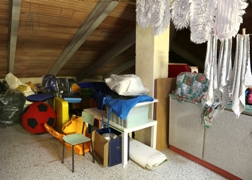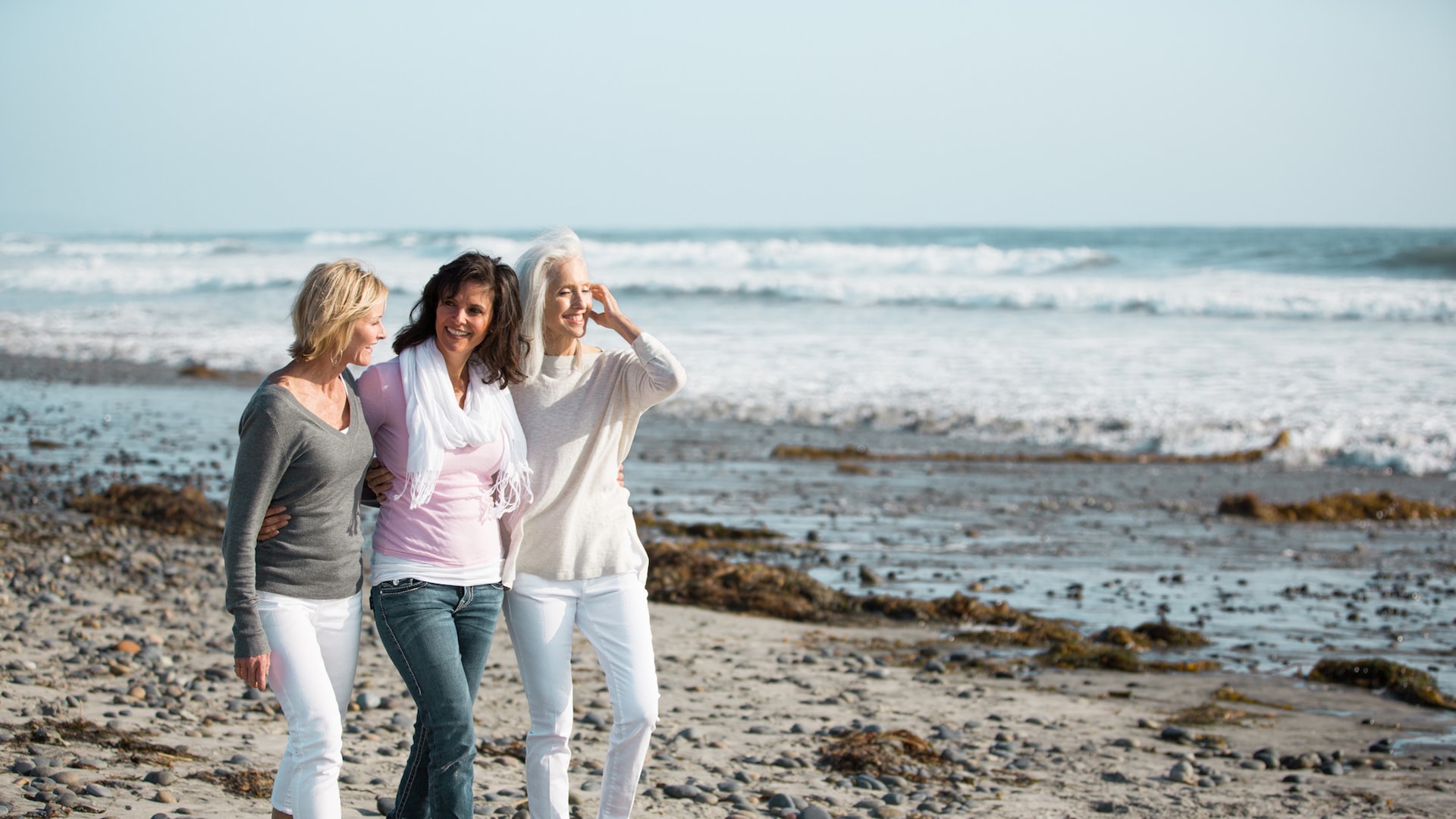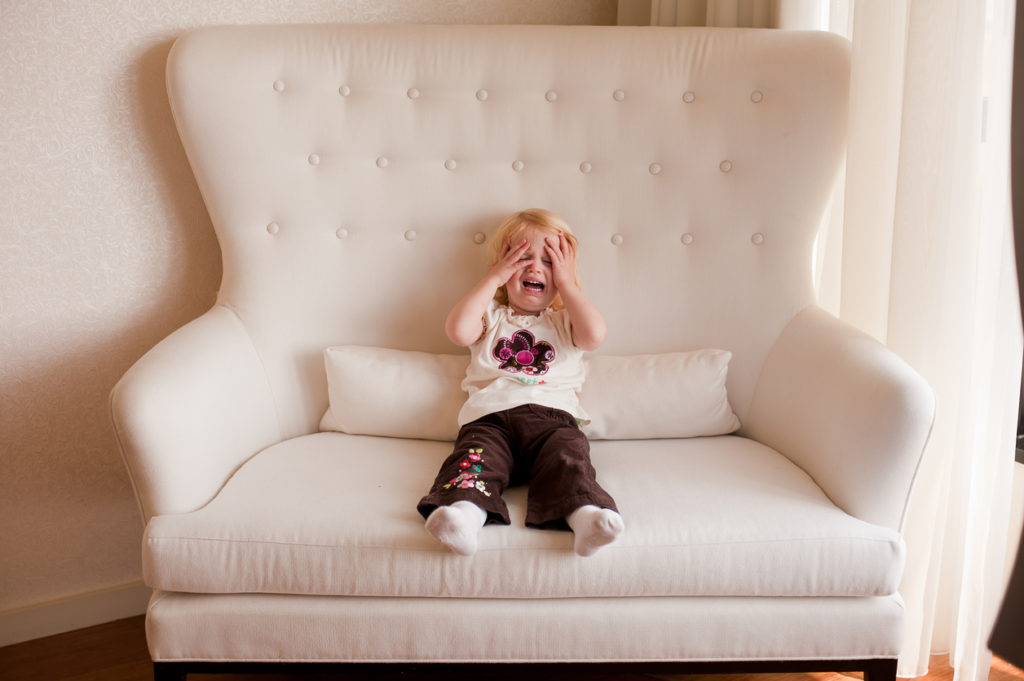All of us have ‘things’. Stuff we accumulate over the years. We have things in our homes, in other people’s homes, in storage units at, or away from our homes.  We have things that help us with activities of daily living, things of beauty to decorate us, or other things, sentimental things that trigger happy memories, etc. All of these things have lives, an amount of time to us when they are no longer useful or provide beauty. At the end of their lives, which is determined by us, our ‘things’ die.
We have things that help us with activities of daily living, things of beauty to decorate us, or other things, sentimental things that trigger happy memories, etc. All of these things have lives, an amount of time to us when they are no longer useful or provide beauty. At the end of their lives, which is determined by us, our ‘things’ die.
There could be many reasons for the death of a thing. It may be broken, or you may have gotten an updated thing. Maybe you no longer like the thing, you may never have liked the thing to begin with, or it’s no longer beautiful. It may have outgrown its usefulness, or you may no longer have room for it.
When our things die, perhaps for any of the reasons above, we want them out of our sight; we want them to go away. Of course our things can’t really go anywhere because they’re inanimate objects. We actually put them someplace where we can’t see them; out of sight, out of mind. There are lots of places in our homes where we typically stash dead things. Some of the more common places are, in the back of a cabinet, a closet, a storage shed, the attic, basement or garage.
When you hide your dead things so you don’t have to look at them, and they aren’t used, displayed or cleaned, they become sedimentary and turn into clutter. Clutter is stagnant energy which could cause issues with your wellbeing. You want to encourage the energy to move freely in all areas of your home, and clutter won’t allow that to happen.
The death of our things is not necessarily a sad time. You see, our things may be at the end of life to us but they may not be dead to someone else. Someone else may need that very thing that you no longer need or want. Or your thing may no longer be beautiful to you but it may be to someone else. You can donate your dead thing to a charity, or sell it to someone that will appreciate it, maybe like you did previously. That’s recycling, something we are all familiar with these days.
The question is, when we come across a dead thing in our homes, what should we do to avoid the accumulation of clutter? The answer is, make a decision about the thing straight away. Barbara Hemphill says that, “clutter is postponed decisions.” When we postpone the decision to discard the dead thing, that’s when we hide it, and we don’t consider the consequence of our action, and the consequence will always be clutter.


